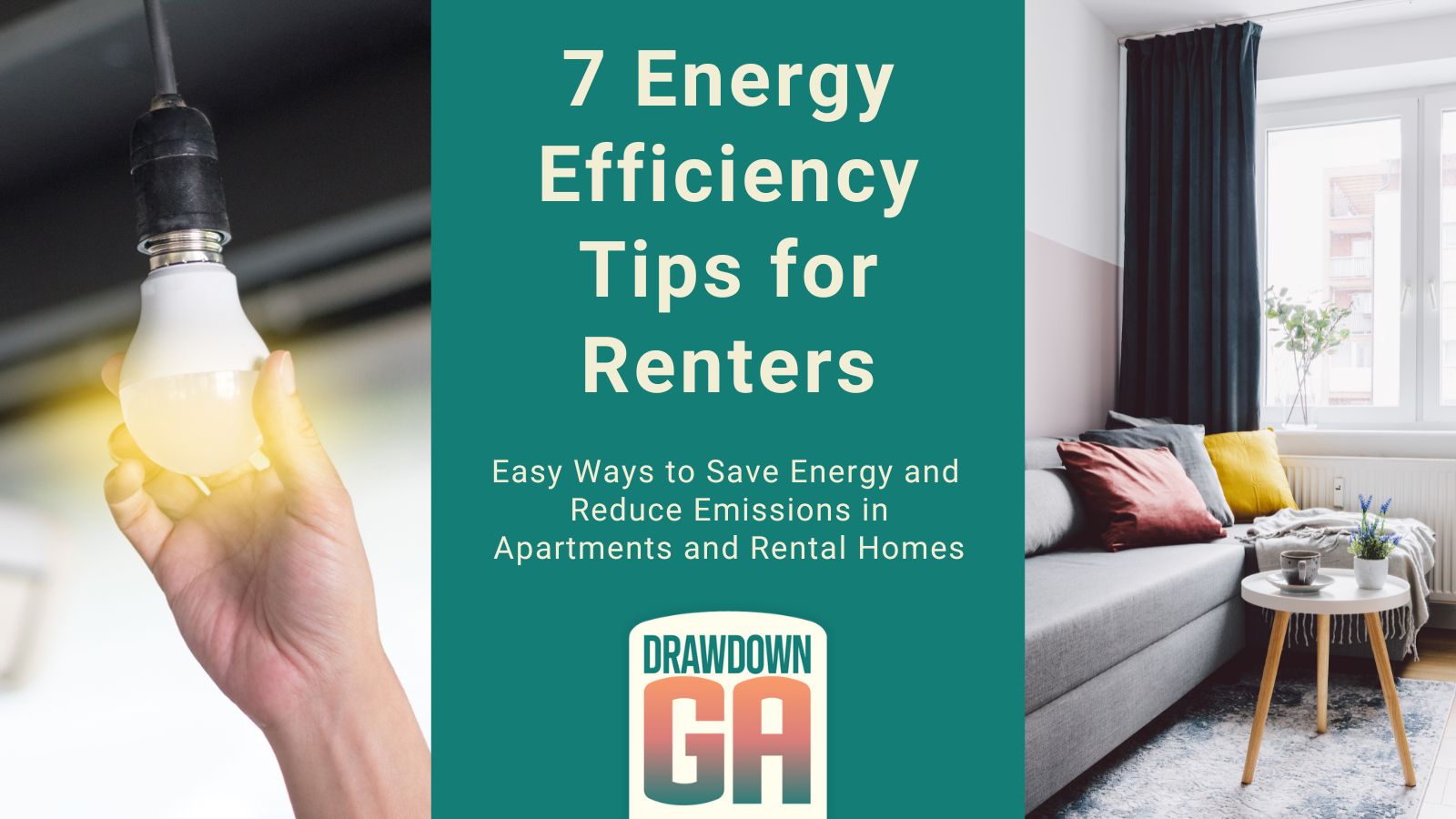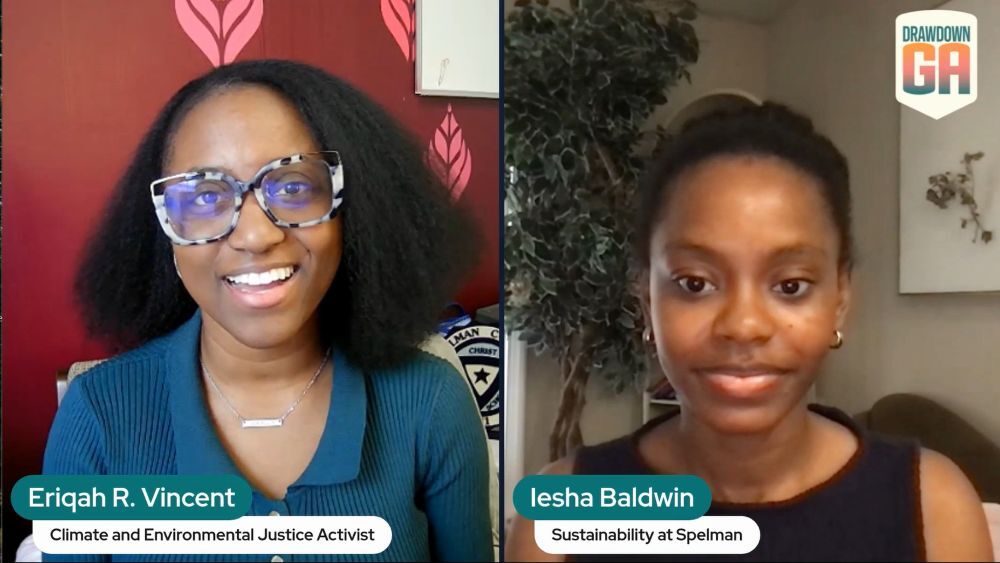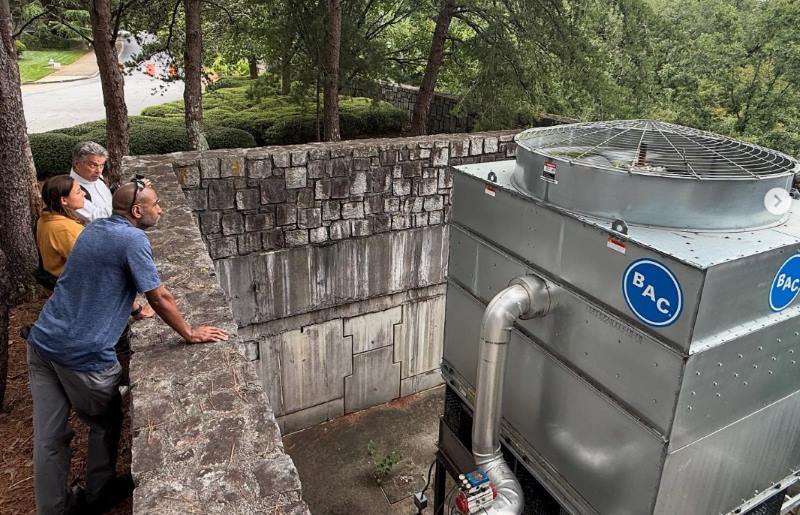Just because you live in an apartment doesn’t mean you can’t make energy efficiency upgrades to your space.
For homeowners, there is no shortage of energy-efficient upgrades one can choose to make to reduce the carbon footprint of a home, from improving insulation to installing a heat pump or energy-efficient windows.
>> Learn How to Make Your Georgia Home Energy Efficient
For renters, it’s a bit different.
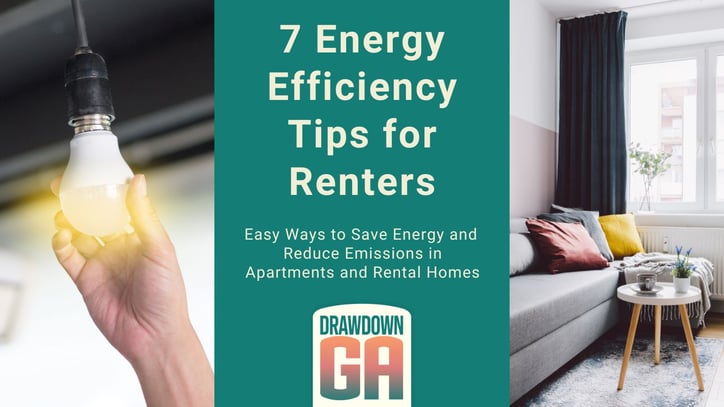
While renters can talk with landlords about the benefits of making these types of upgrades--which can range from tax credits to reduced utility bills--many simply don’t have the option to make major changes like these to their apartment, dorm room, or rental home.
For those renters and college students who are interested in taking action on climate change and looking for simple ways to reduce their energy use, these actionable solutions can help minimize emissions while also being cost-effective for a rental.
7 Energy-efficiency Tips for Apartment Dwellers
#1 - LED Light Bulbs
Swapping out incandescent bulbs or CFLs for LED light bulbs is a simple solution that can be applied to any space, whether that be a house, apartment, office, or dorm room.
Compared to incandescent bulbs, LED light bulbs use at least 75% less electricity and also emit very little heat. In comparison, incandescent bulbs release 90% of their energy as heat, and CFLs release about 80% as heat.
LED bulbs can also last up to 25 times longer, so in addition to saving energy, you won’t have to replace your bulbs as often.
#2 - Heat Insulating Rugs and Curtains
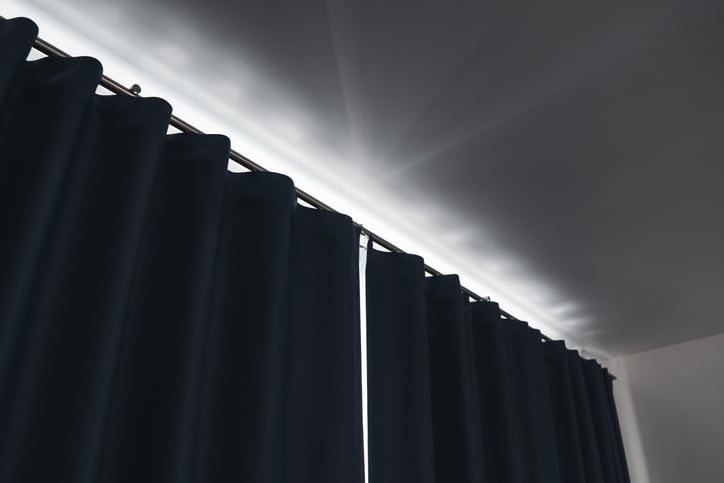
Since renters don’t have the ability to improve the insulation of the whole building, adding heavier area rugs and curtains with insulating properties is a solution that renters can easily employ.
Throwing a rug on your hardwood floor in the winter helps to insulate your space and reduces the amount of heat needed. A couple of heavy curtains around your windows can help keep your space cool in the summer and warm in the winter. Rugs and curtains give your air conditioning and heating units a break from working harder than they need to be.
#3 - Apply Window Tints to your Windows
For most renters, replacing all the windows in your apartment is not an option. However, window tint stickers are a simple, affordable, and temporary way to insulate your space while also allowing for natural daylight. So much of the heat generated in your space escapes out of windows, and in the summer, more energy is needed to keep your space insulated from the heat gain that comes from the sun warming your rooms.
Similar to insulating curtains and rugs, window tints offer a simple solution to help you reduce your heating and cooling bills. You can apply the stickers to your windows yourself or with the help of a professional.
#4 - Unplug Electronics When Not in Use
You may think that if an electronic device is plugged in but not being used, it doesn’t use any energy.
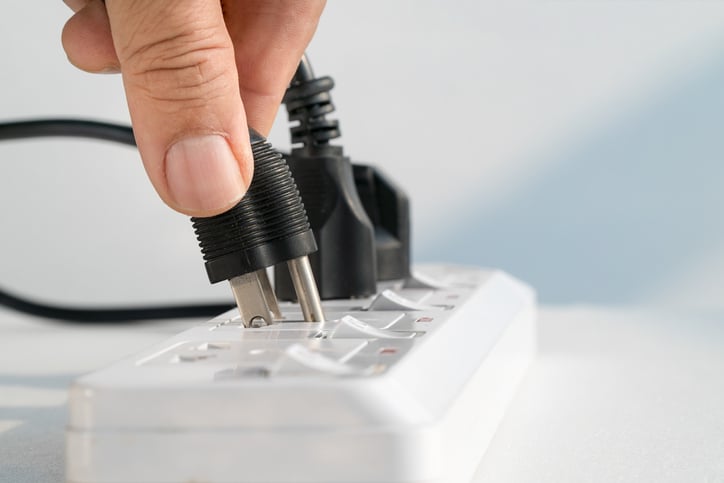
However, even turned-off lamps and unused chargers just plugged into the wall suck energy. This “Vampire power” can contribute a large chunk of your monthly electricity bill by using power that is not needed. To avoid this, simply unplug your devices when they are not in use and only plug them in when you need them.
#5 - Inform Your Landlord of Leaky Faucets or Toilets
You’d be surprised at how much money, energy, and water a leaky pipe or faucet can cost you each month.
It’s easy to ignore a dripping faucet or that weird running sound your toilet is making, but asking your landlord to have a plumber check it out could save you both a good deal of money on your water bill and limit wasted water and energy.
#6 - Wash Your Clothes With Cold Water
Washing your clothes with cold water instead of warm water saves a significant amount of energy.
Most of the energy used in a wash cycle comes from just heating that water. Another perk of cold water cycles is that your clothes will last longer and have less shrinkage than if you washed them in hot water.
#7 - Skip the Rinse Before Loading your Dishwasher

Don’t underestimate the power of your dishwasher! Using a dishwasher over hand-washing your dishes is actually the more efficient option when it comes to saving water and energy.
You may feel you need to rinse your plates in the sink before loading them into the dishwasher so they’ll be extra clean, but your dishwasher should be able to get the job done after just scraping off excess food into the trash or compost. Skip that rinse and you’ll save yourself not only time but also water.
Ready to Implement these Apartment Dweller Energy Efficiency Tips?
Climate solutions are for everyone, no matter where you live, and no matter whether you own your apartment or rent it. There is always a simple change that can be made to reduce your carbon footprint and make a difference, and we hope you’ll implement some or all of these energy efficiency tips.
If you’re interested in learning more, be sure to check out the Drawdown Georgia library of climate solutions toolkits and join the growing number of Georgians taking action on climate together.


